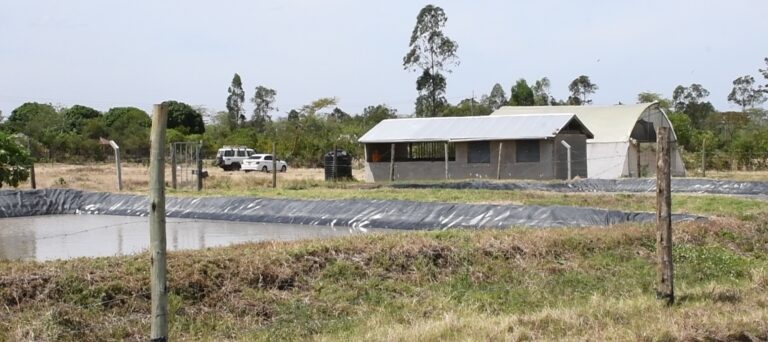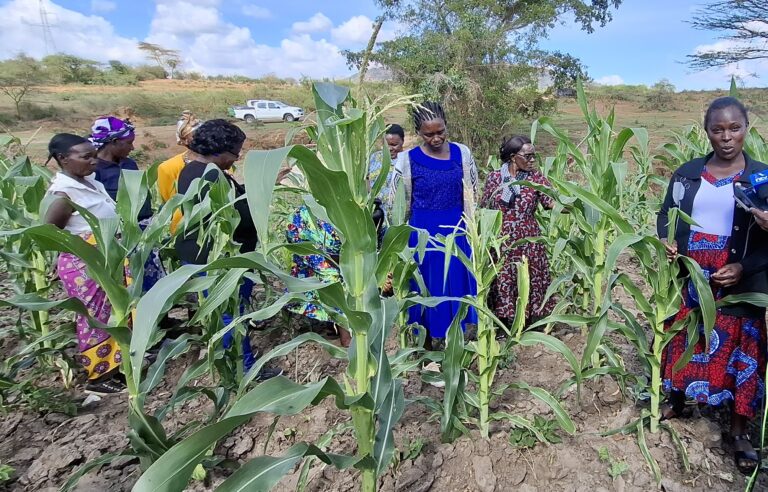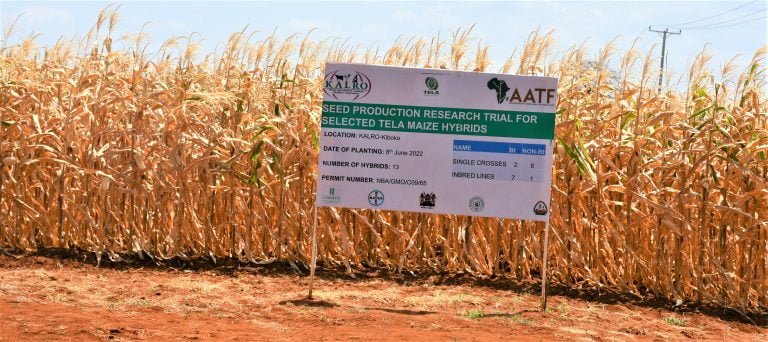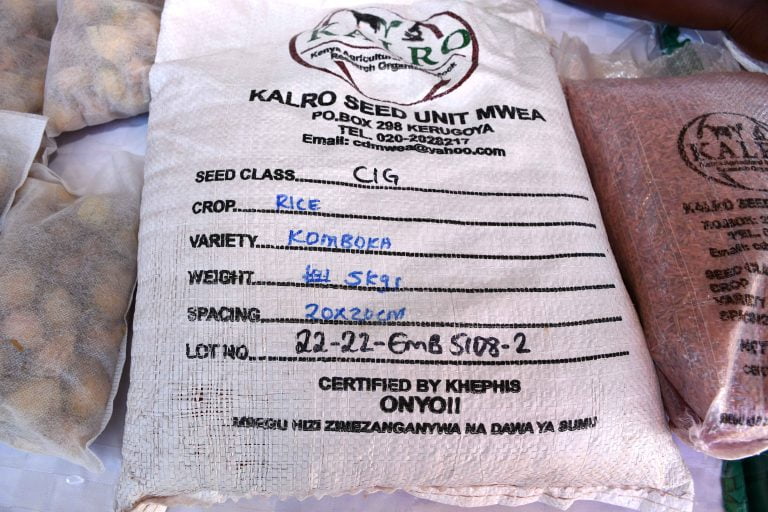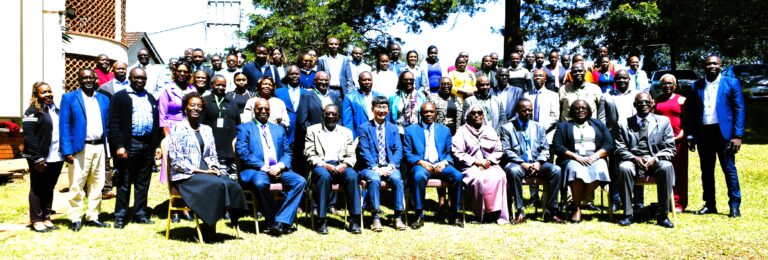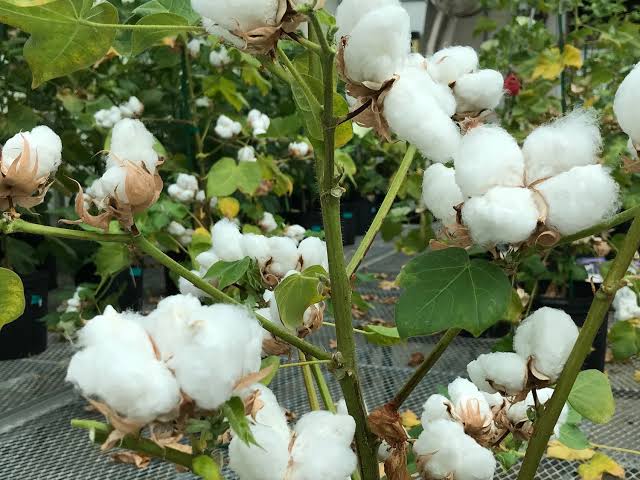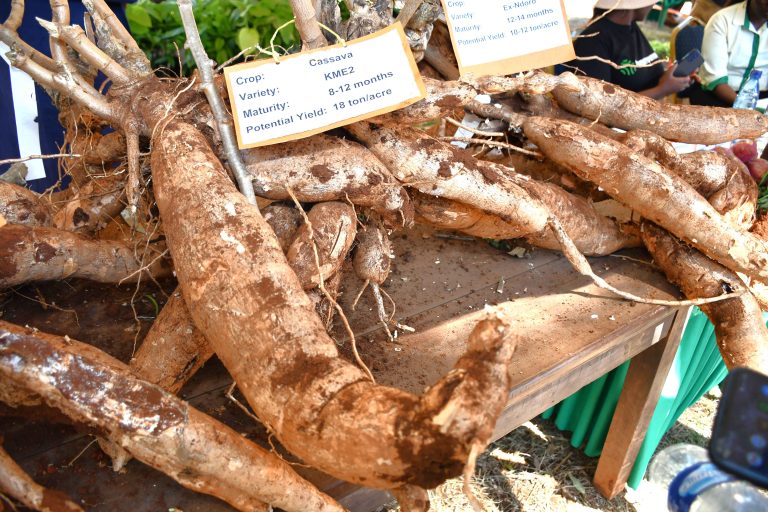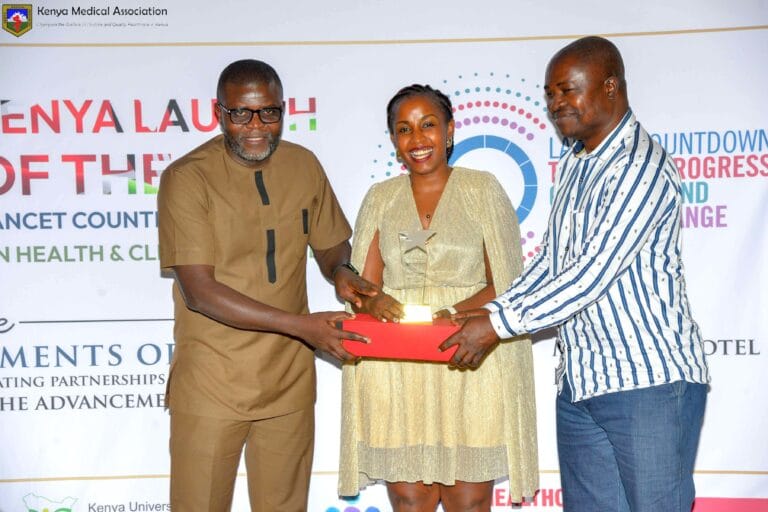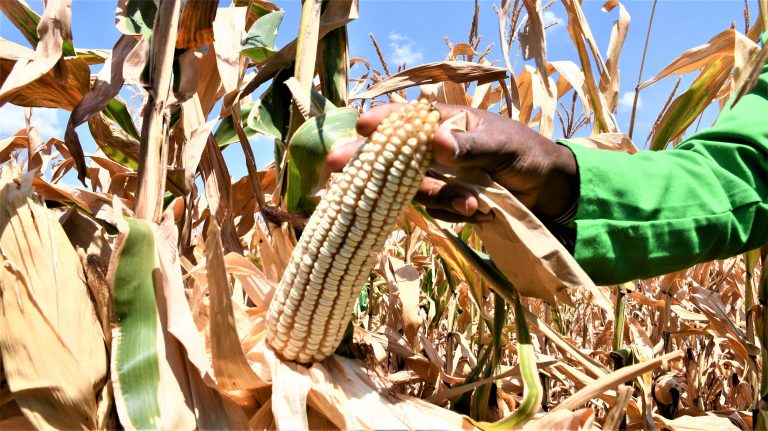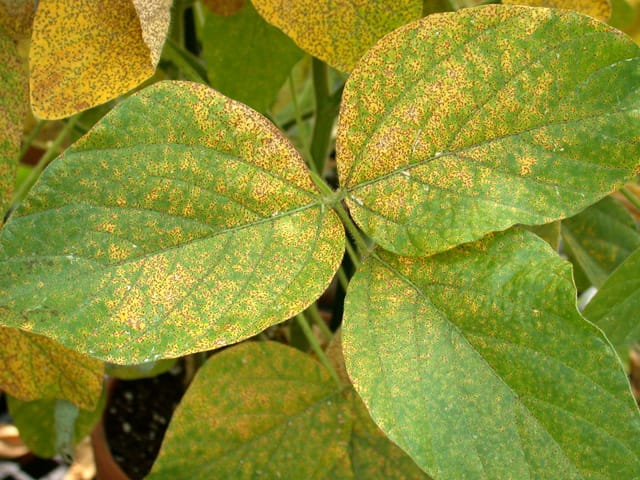Kenya may soon have a new cassava breed if it is approved by the National Biosafety Authority (NBA). The Kenya Agricultural and Livestock Research Organization (KALRO) has applied to the National Biosafety Authority (NBA) for environmental release (open field cultivation) and placing on the market of genetically modified (GM) cassava said to be resistant to cassava brown streak disease (CBSD). The breed is said to be the result of many years of research and evaluation by KALRO in the laboratory, greenhouse, and in confined field trials.
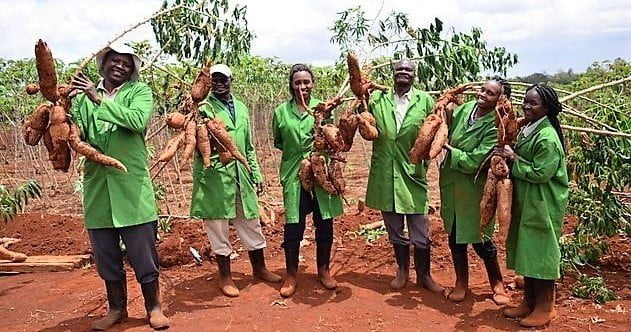
According to the application, the cassava was developed using modern biotechnology to express high levels of resistance to CBSD. Brown streak disease is spread by whiteflies and by infected cuttings used to propagate the next crop. Very often, infected plants barely show any symptoms on the leaves, but when the roots are dug out, there are extensive areas of brown dry rot making them completely inedible and resulting in up to 100 percent yield loss. If approved, farmers and consumers are set to benefit from the increased cassava root quality and marketable yield from the breed.
The improved cassava was developed under the Virus Resistant Cassava for Africa Plus (VIRCA Plus) project. The project is a collaboration between KALRO, the National Crops Resources Research Institute in Uganda, and the Donald Danforth Plant Science Center in the United States. The project aims to deliver disease-resistant and nutritionally enhanced cassava varieties to improve the livelihoods and health status of smallholder farmers in Africa.
The new cassava breed is expected to contribute to the attainment of a food secure Kenya and the creation of thousands of jobs along the value chain due to the crop’s potential industrial use. Cassava productivity in Kenya and the rest of East Africa has faced challenges, key among them susceptibility to diseases that include CBSD. Cassava is the second most important food crop after maize in the coastal and western regions of the country. Farmers lose between 30 to 100 percent of their cassava yield annually due to CBSD and other diseases.
NBA together with relevant regulatory agencies and independent experts will start a science-based review process to assess the human, livestock, and environmental safety of this CBSD-resistant cassava. All interested parties and persons are encouraged to submit written comments on the application to reach the NBA not later than 14th June 2020. This can be done through a form that can be downloaded on the NBA website at https://bit.ly/367Qtyz or via SMS to +254 713 854 132.


